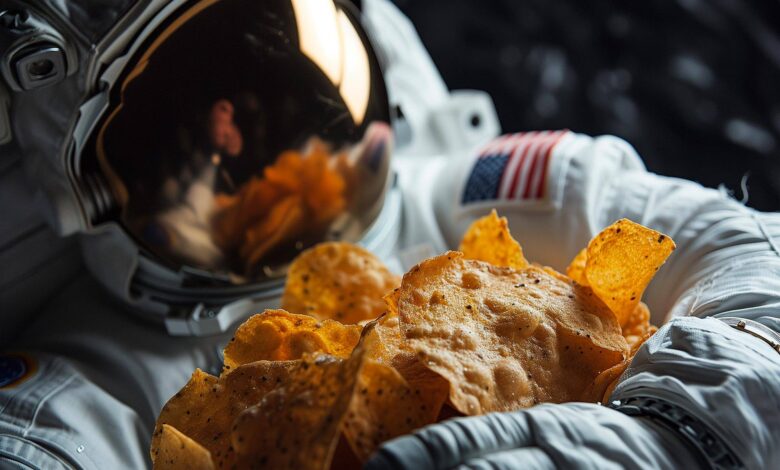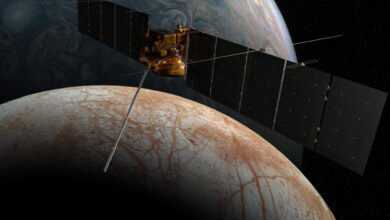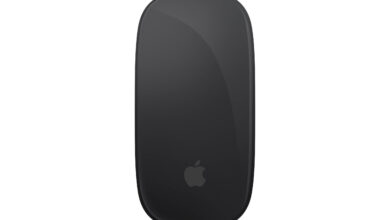
Spending time in space has different effects on astronauts. Some of the dangers of spaceflight are serious, others are described as side effects, and some fall in between, such as the fact that food tastes bad in space.
The change in the taste of food in space can be severe enough that some astronauts may not be able to get enough nutrients. The same issue led a group of food scientists from Australia and the Netherlands to investigate the possible causes of food spoilage in space. Their new study shows, the cause of this may actually be due to the isolation and discomfort of the astronauts.
Past research has shown that the bad taste of food may be caused by the effect of weightlessness on the way internal body fluids are distributed, which causes facial swelling. This effect usually decreases as the body adapts to the new environment; But some astronauts have reported that their problems persist even after the effects of fluid displacement wear off.
The new study supports the hypothesis that odor perception is context-dependent
Food scientist Grace Luke from RMIT University in Australia and her colleagues focused on how a person’s surroundings and mental state can affect smell perception. The results show that at least some smells are perceived differently in different environments.
One of the long-term goals of the study is to provide more suitable foods for astronauts, as well as other people living in isolated environments, to get the nutrients they need, says senior author Julia Lu.
Given the obvious difficulty of actually sending subjects into space, the researchers placed the participants in a virtual reality environment designed to simulate the experience of being on the International Space Station.
The virtual reality environment included floating objects to simulate microgravity along with an enclosed space similar to the tight interior of the space station and background noise that resembled the loud operational noises reported on the space station.
The researchers presented participants with samples of three different scents: vanilla, almond, and lemon. They were asked to evaluate the intensity of each smell on a scale of one to five. They did this first in a normal room and then in the simulated environment of the space station.
Participants reported that while the smell of lemon was the same in both environments, the other two scents seemed more intense in the simulated environment of the space station. Scientists speculate that a volatile aromatic compound called benzaldehyde, which is present in both almonds and vanilla but is absent in lemons, is to blame.
While the current study does not necessarily provide an answer as to why astronauts’ senses of smell and taste remain impaired after fluid displacement is reduced, it does support the hypothesis that odor perception is context dependent.
The study also points to possible ways to mitigate the problem: perhaps some volatile compounds that share a common odor profile (eg, they’re sweet) are more affected by the conditions. If so, identifying compounds that maintain or even increase their attractiveness in environments such as the space station could be beneficial in designing astronaut diets.
The findings can also be applied on earth. For example, it can help design special diets for people in socially isolated situations, such as living in nursing homes, and improve nutrient intake in these people.
The article was published in the International Journal of Food Science & Technology.








